We’re sure you’ve heard about R-22. If not, you may be thinking, “what is R-22? And why the heck should I care?“
Lets break down these questions.
1. What is R-22?
R-22 Refrigerant is also known as Chlorodifluoromethane or difluoromonochloromethane is a hydrochlorofluorocarbon (HCFC). It is commonly used as a propellant and refrigerant.
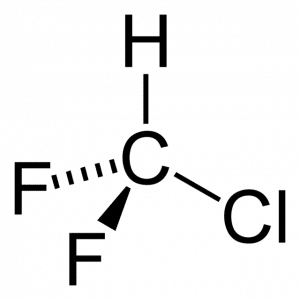
Wait…What Is Refrigerant, Anyway?
The refrigerant in your
air conditioner or
heat pump is the fluid that flows inside the coils in your equipment. With the help of your system’s compressor, condenser and evaporator, various pressures are imposed on the refrigerant causing it to transform physically between liquid and gas states.
This physical change makes the substance either hot or cold. As its pressure changes, it readily absorbs or gives off heat to the air passing over the coils, changing the temperature of that air. Eventually, this comfortable air makes its way to the rooms in your home.
2.Why the heck should I care?
If you rely on a heating or cooling system that uses R22 refrigerant, an ozone-depleting substance (ODS), you may be in for a surprise during your next service visit.
As of January 1, 2020, production and import of R22 has been outlawed in the United States. Of course, continued use of your air conditioner (AC) or heat pump system using R22 refrigerant is allowed. However, it does mean that if your AC or heat pump system needs a repair that involves refrigerant, you may have to decide between a hefty refrigerant bill and or a system replacement.
What Refrigerant Is In My Cooling System?
If your AC or heat pump was built and installed before January 1, 2010, there’s a good chance that it uses R22 refrigerant. Your equipment may have a label that identifies the type of refrigerant type used, but if you’re not sure, it’s a good idea to call us to take a look.
What If My AC or Heat Pump Uses R22?
The ban doesn’t require you to replace a functioning, R22 refrigerant AC or
heat pump system. However, as of January 1, 2020, should be evaluating your options if your air conditioning or heat pump system fails or requires emergency repairs. We’d be happy to give you a
free consultation on your options
Can’t you just repair it?
Even though this sounds like an easy fix, the price of R22 refrigerant is subject to shrinking supply. This means R-22 is:
- Wildly Expensive (even for us buying at wholesale prices)
- Becoming Harder to Find
As the supply becomes limited, you may end up paying more for a repair that requires R22 refrigerant than a down payment on a new
heat pump or
air conditioning system.
Just remember that ACs and heat pumps are not designed to consume refrigerant. Refrigerant simply flows through a continuous series of coils. If your technician suspects a leak, they should locate and repair the refrigerant leak instead of simply “topping off” a leaking system.
What else can I do?
We hear it a lot, you’re probably hoping that your AC or heat pump can get through “just one more” season without having to replace it? If this sounds familiar, you may want to consider replacing your system. It’ll save you more in the long run instead of dumping money into your current R-22 system. At some point, you will need to replace your broken air conditioner or heat pump.
Replacing now allows you to purchase a new heating and cooling system on your schedule, without the urgency of living in a hot or cold house. It also gives you the time to evaluate energy efficiencies, product reviews, and potential costs of the latest replacements available. Most likely, there are new features and benefits available today that weren’t available when your current system was installed.
Regardless of what you decide to do. Please reach out to us with any questions, comments or concerns. We’re here to serve.



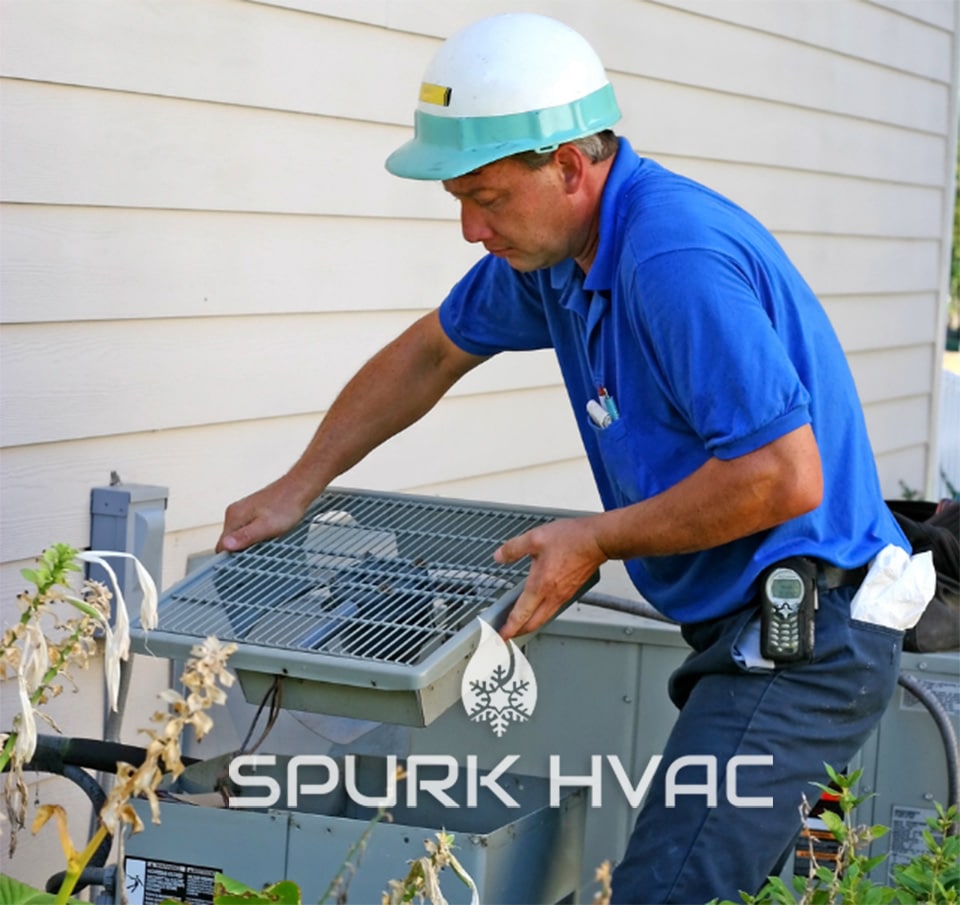

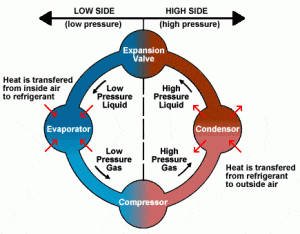
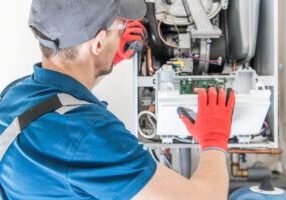
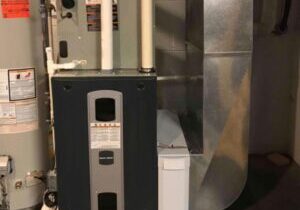


One thought on “R-22 Refrigerant And Why You Should Care”
Comments are closed.